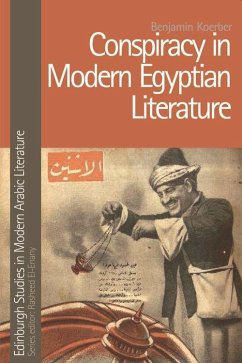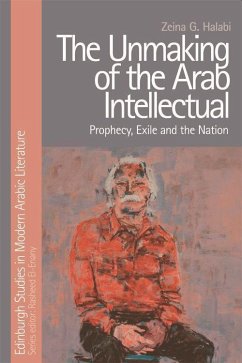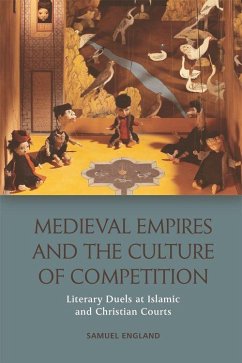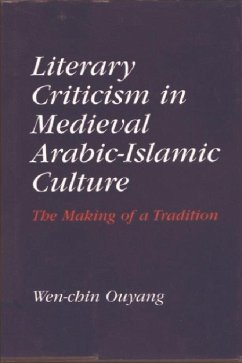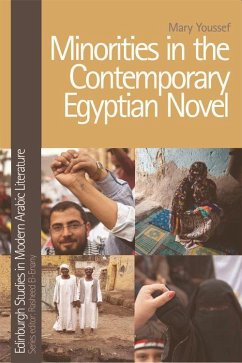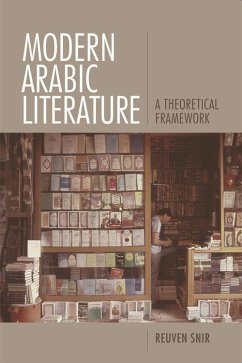Nicht lieferbar
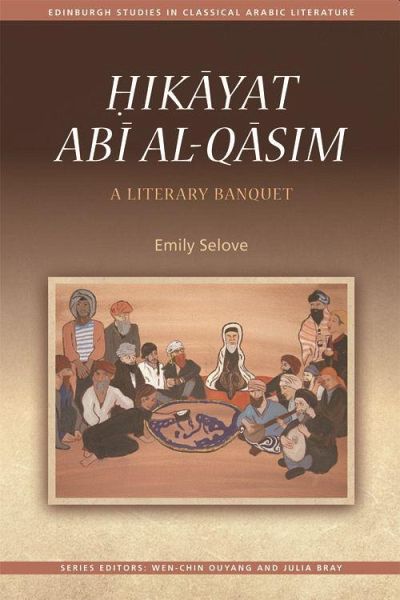
Ḥikāyat Abī Al-Qāsim
A Literary Banquet
Versandkostenfrei!
Nicht lieferbar
Re-introduces a poorly understood, provocative and unusual work to a new audience Ḥikāyat Abū al-Qasim, probably written in the eleventh century by the otherwise unknown al-Azdī, tells the story of a gate-crasher from Baghdad named Abū l-Qāsim, who shows up uninvited at a party in Isfahan. Dressed as a holy man and reciting religious poetry, he soon relaxes his demeanour and, growing intoxicated on wine, insults the other dinner guests and their Iranian hometown. Widely hailed as a narrative unique in the history of Arabic literature, the Ḥikāyah also reflects a much larger tradition...
Re-introduces a poorly understood, provocative and unusual work to a new audience Ḥikāyat Abū al-Qasim, probably written in the eleventh century by the otherwise unknown al-Azdī, tells the story of a gate-crasher from Baghdad named Abū l-Qāsim, who shows up uninvited at a party in Isfahan. Dressed as a holy man and reciting religious poetry, he soon relaxes his demeanour and, growing intoxicated on wine, insults the other dinner guests and their Iranian hometown. Widely hailed as a narrative unique in the history of Arabic literature, the Ḥikāyah also reflects a much larger tradition of banquet texts. Painting a picture of a party-crasher who is at once a holy man and a rogue, it presents a figure familiar to those who have studied the ancient Cynic tradition or other portrayals of wise fools, tricksters and saints in literatures from the Mediterranean and beyond. This study therefore compares the Ḥikāyah, a mysterious text surviving in a single manuscript, to other comical banquet texts and party-crashing characters, both from contemporary Arabic literature and from Ancient Greece and Rome. Key Features - Uses a new method of reading medieval Arabic literature in dialogue with Classical literature, especially from Ancient Greece and Rome - Looks at pre-modern notions of representation and description in literature - Includes an abridged translation of the Ḥikāyat, giving the reader a taste of its both amusing and shocking content Emily Selove is a Lecturer in Medieval Arabic Literature at the University of Exeter. She is the translator of al-Khatib al-Baghdadi's eleventh-century work on party-crashing, The Art of Party-Crashing in Medieval Iraq (2012). Cover image: painting by the author Cover design: Michael Chatfield [EUP logo] www.euppublishing.com




